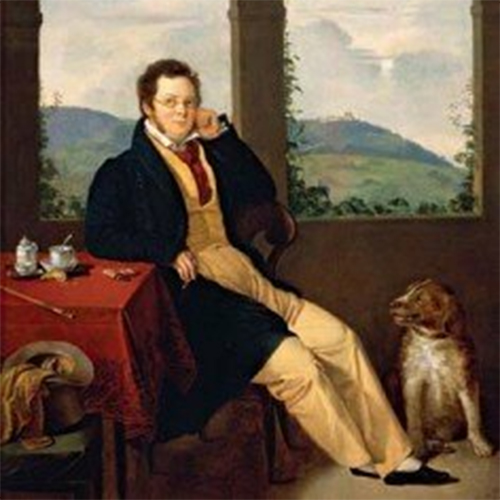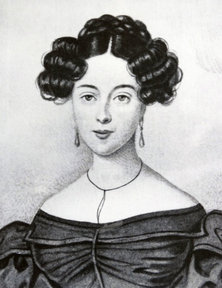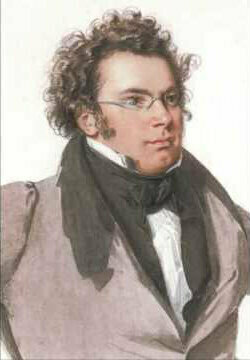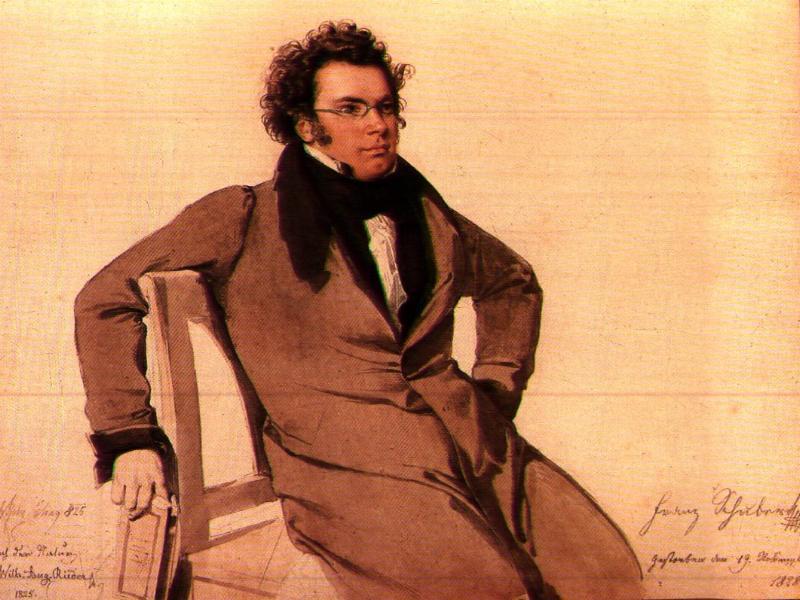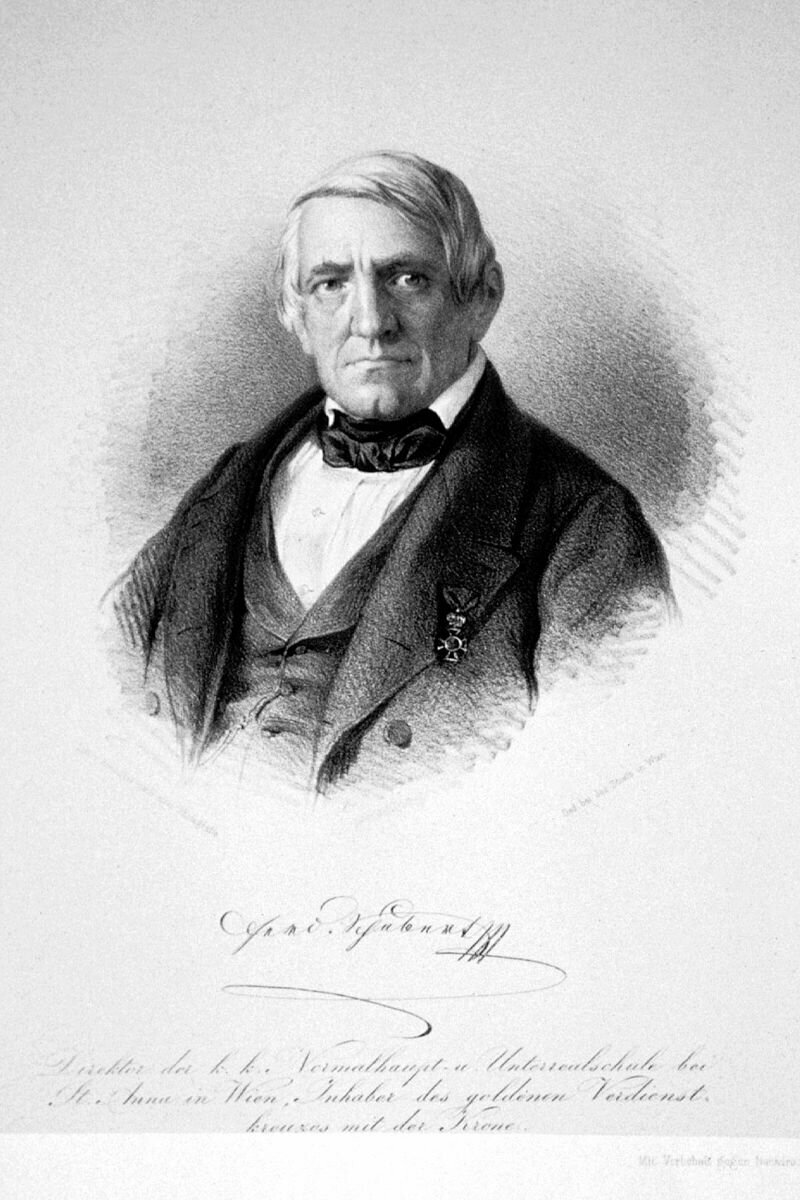In all, the remarkable collection of Schubert’s Lieder transcriptions by Franz Liszt totaled 58 songs. Liszt first handed twelve of these piano transcriptions to a Viennese publisher in 1838 and his concluding efforts emerged 10 years later in 1848.
Schubert
Greatness will invariably recognize greatness! And Franz Liszt’s efforts and commitment on behalf of forgotten masterpieces set a powerful trend in the 19th century. As such it is hardly surprising that Franz Schubert occupied a central place in Liszt’s transcriptions
In my humble opinion, the richness and subtlety of Franz Schubert’s (1797-1828) melodic and harmonic language is unequaled in the world of classical music. For one reason or another, we are led to believe that Schubert’s music was not popular
The memoirs of Franz Schubert’s friends are full of references to Caroline Esterházy. In fact, Eduard von Bauernfeld wrote in February 1828. “Schubert was, in fact, head over ears in love with one of his pupils, a young Countess Esterházy,
One of the biggest and most exciting mysteries in classical music is the question why Franz Schubert never completed his “Unfinished Symphony.” We do know that the Music Society in Graz bestowed upon Franz Schubert an honorary diploma in 1823.
In late September or early October 1828—two months before his death—Franz Schubert completed his C-major string quintet. He passed the work to his Leipzig publisher Heinrich Albert Probst on 2 October 1828, writing in the accompanying letter, “Among other things,
Octet in F Major, op. 166, D. 803 for clarinet, horn, bassoon, 2 violins, viola, cello and double bass From Schubert: Octet D. 803 (2018) Released by Harmonia Mundi Schubert: Octet in F Major, op. 166, D. 803A mysterious beauty
Ferdinand Lukas Schubert (1794-1859)—older brother of Franz Schubert—was a schoolteacher, organist, and composer. He had some compositional talent, but frequently asked for his brother’s help in his daily work. On occasion, he appropriated his brother’s compositions and passed them off


